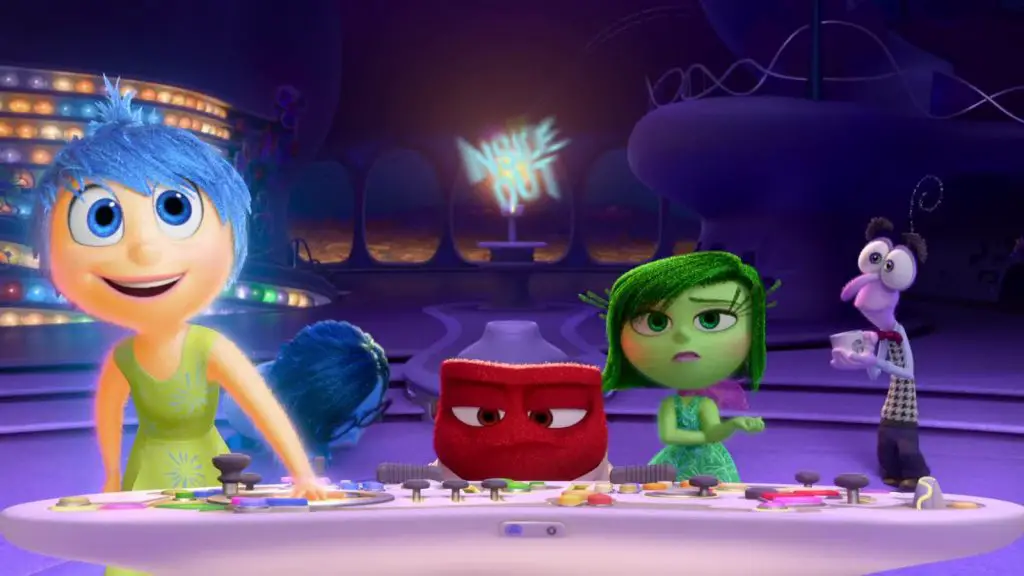
Fame. With the entertainment industry being the force that it is here in America, it is staggering to think how thin the line is between being a star or a nobody. For every Brad Pitt who happened to get recognized there are thousands of wannabes who will remain undiscovered for the rest of their lives. Even more depressing is the fact that once one becomes famous the new challenge becomes how to stay in the spotlight. John Feldman’s “Who the Hell is Bobby Roos?” is a thoughtful character study of a fallen comedian long after his fifteen minutes of fame have expired. Bobby Roos (Roger Kabler) is a stand up comedian/impressionist who flirted with success earlier in his career, but has recently fallen on hard times. Underappreciated and growingly irrate, Roos finds himself without a job after violently confronting a heckler. With his options limited and no prospects on the horizon, Roos retreats into his characters, using their personas to live his life. Two things become immediately clear in “Who the Hell is Bobby Roos?”, the first being that the direction needs some work, but second and more importantly that Kabler’s portrayal of Roos is both honest and engaging. Shot on DV, the appearance of the feature is rough and the jarring editing techniques employed are distracting rather than useful. Contrasting the rough appearance is Kabler who seethes as Roos, unable to understand where it all went wrong. The credits reveal that the film was shot while the actors were improvising which is good for them but bad for shot composition and the overall look of the piece. What adds an extra dimension to this work is the fact that the character of Roos is an alter ego of Kabler who in reality is a stand up comedian/impersonator who flirted with success in the early 90s. The film is filled with stock footage from Kabler performances in the past such as his failed sitcom “Rhythm & Blues” and an appearance on the Arsenio Hall show where he announces his show has been canceled. Kabler’s performance is raw but engaging, this is essentially his life, warts and all, and the frustration he brings to the script is as engaging as it is painful. It would be easy to dismiss this as merely a vanity project but that would be a disservice. Kabler is to be commended for showing his life as openly as he does, despite his dead on impersonations this is not a comedy and instead a harsh reaction piece to fame.
As the film begins veering into darker territory, a deus ex machina ending is tacked on seemingly solving the emotional crisis that proceeded it and this is frustrating because a sad story such as this deserves a more fitting, emotional ending. “Who the Hell is Bobby Roos?” could have greatly benefited from more attention to the visuals, but as it stands is a haunting little meditation on what happens when ones fifteen minutes are over.
